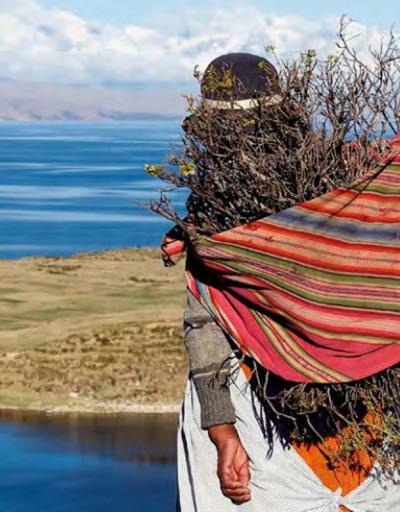
Knowledge transmission
Safeguarding and revitalising traditional knowledge
The traditional knowledge systems of Indigenous Peoples and local communities are dynamic and living practices that are transmitted in local contexts. At the same time, they are severely endangered around the world. Indigenous and local knowledge holders were and are desperately seeking approaches to help them safeguard and revitalise the transmission of their traditional knowledge.

To address this issue, a number of methodologies and paradigms were developed to put research and documentation in the hands of knowledge-holding communities themselves. This kind of research sets the scene for knowledge transmission and cultural reconciliation. This is a particularly powerful model for semi-secret or arcane knowledges which may be at risk because elders may fear that their knowledge will be co-opted by outsiders.
Moreover, many of the Indigenous youth now have more and more relatively high levels of formal education and are relatively comfortable with researching and documenting the knowledge of their peoples and communities, under guidance from the traditional knowledge holders, thus reaffirming the status of elders as knowledge holders and recognising the value of the knowledge that they hold.
UNESCO, with its trans-disciplinary mandate in education, natural sciences, ocean sciences, social sciences, culture, communication and information, is able to supports the transmission, revitalisation, safeguarding and protection of traditional knowledge.

Indigenous languages
Promoting on-the-ground support to Indigenous languages in danger is crucial for the preservation and strengthening of Indigenous cultures and the transmission of Indigenous traditional knowledge. The International Decade of Indigenous Languages (IDIL 2022-2032), aims to draw global attention on the critical situation of many Indigenous languages and to mobilize stakeholders and resources for their preservation, revitalization and promotion.


Other projects

The MAB Youth Forum Declaration calls for support in sharing & transmitting Indigenous knowledge.

UNESCO's Education sector supports Indigenous peoples to bring their knowledge into formal education.


